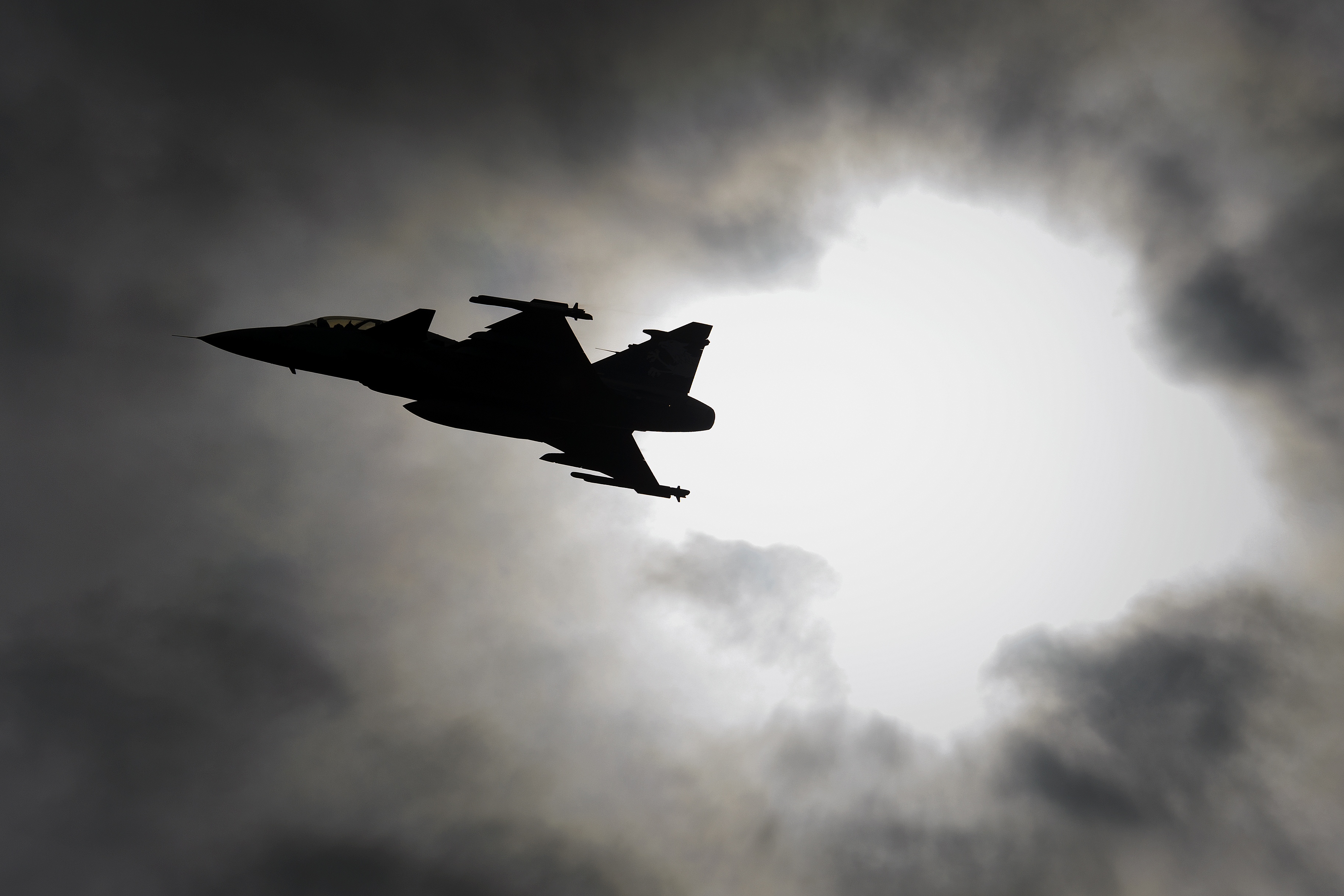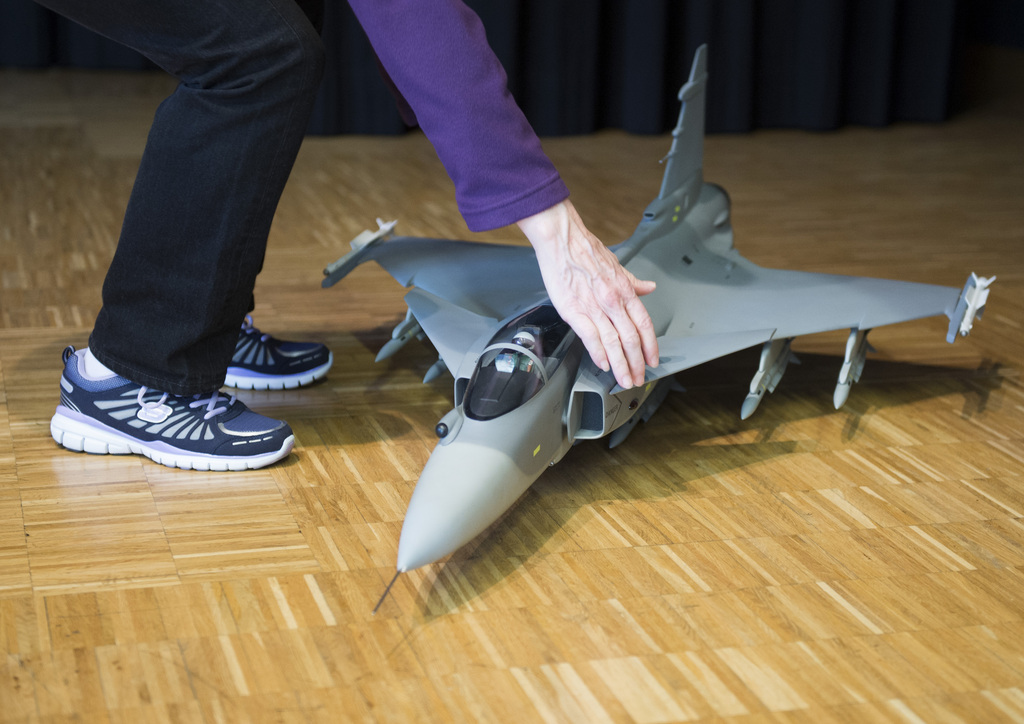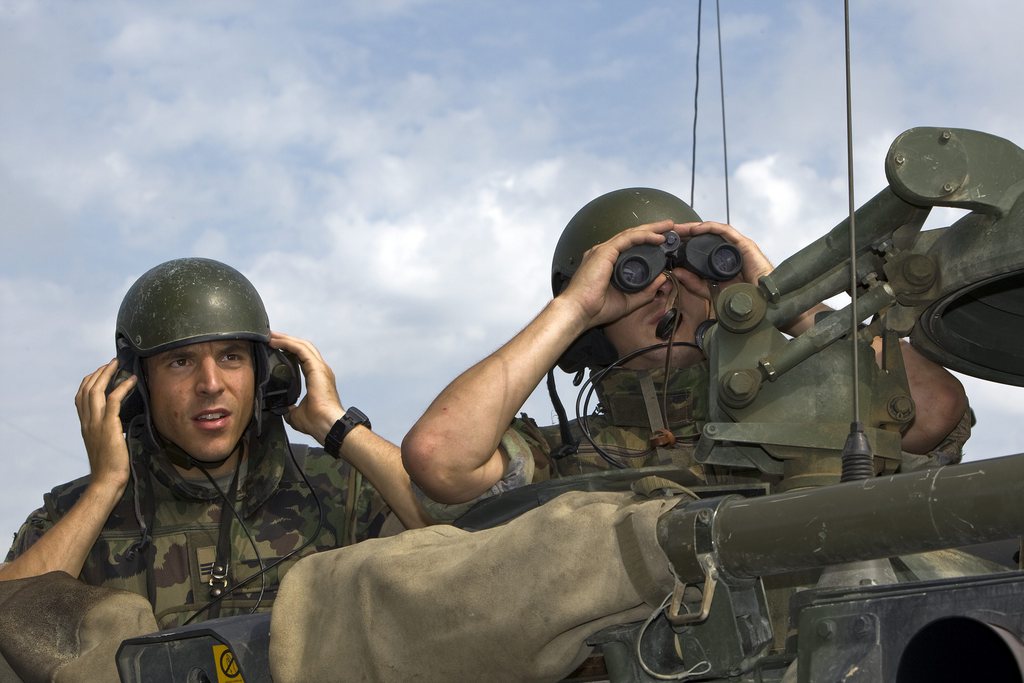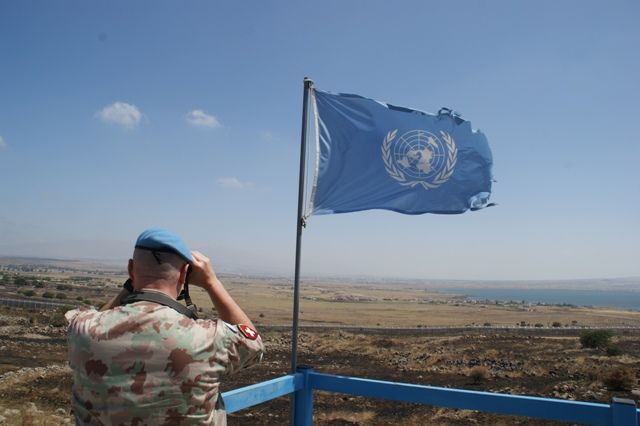Cabinet pushes for overhaul of armed forces

The government wants to re-introduce a system to be able to mobilise its armed forces as part of a reform of the Swiss army. It calls on parliament to grant a total CHF19.5 billion ($21.2 billion) in funds over a four-year period.
Presenting the cabinet’s proposals on Wednesday, Defence Minister Ueli Maurer said the aim was to be able to mobilise and fully equip up to 35,000 soldiers within ten days. Such a mechanism was in place during the Cold War era but later suspended.
The overhaul includes the acquisition of transport vehicles, drones as well as to boost cyber defence systems. New fighter aircraft could be evaluated within the next six years to replace the F/A-18 fleet.
The training of the militia army is be shortened from 260 days to 225 days.
The budget for peace promotion abroad is to be increased from CHF40 million to CHF100 million and the number of soldiers increased to 500.
Currently there are 250 Swiss soldiers stationed in southeastern Europe as part of a the so-called Swisscoy contingent. In addition, 50 Swiss are serving in United Nations missions, such as demining specialists in Africa.
“The proposed reform is a reasonable compromise after years of discussions,” Maurer told a news conference. “Switzerland is well placed in an international comparison,” he added.
Long-running debate
Launched in 2008, the reform was marked by a tug-of-war between cabinet and parliament over the total number of troops and finances. The cabinet initially wanted to reduce the number of soldiers to 80,000 from more than 200,000 active and reserve members.
Three years ago, the cabinet set the total number of troops at 100,000.
The plans, still to be discussed by parliament, met with mixed reactions from the main political parties.
The left dismissed the reforms as outdated and based on unrealistic scenarios. The political right criticised the government for trying to boost international cooperation in spite of Switzerland’s neutral status.

In compliance with the JTI standards
More: SWI swissinfo.ch certified by the Journalism Trust Initiative




You can find an overview of ongoing debates with our journalists here. Please join us!
If you want to start a conversation about a topic raised in this article or want to report factual errors, email us at english@swissinfo.ch.